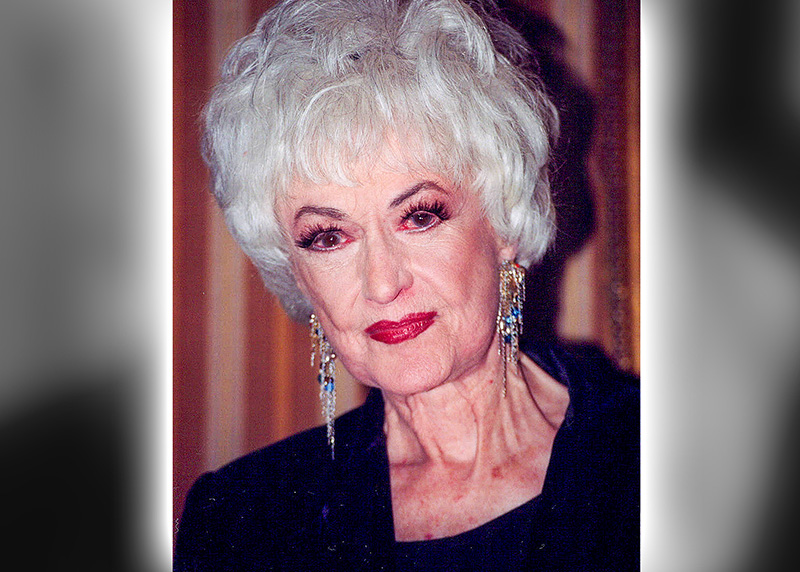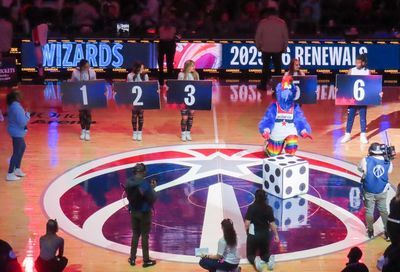Appeals Court Upholds Florida District’s Transgender Bathroom Ban
11th Circuit ruling creates "split in the circuits," increasing chances of a Supreme Court case dealing with transgender bathroom access.

A federal appeals court has sided with a Florida school district’s policy prohibiting transgender students from using bathrooms that match their gender identities.
On Dec. 30, the conservative 11th U.S. Circuit Court of Appeals ruled 7-4, along partisan lines, that the St. Johns County School Board did not discriminate against transgender students based on sex or violate federal civil rights law when it required transgender students to use bathrooms matching their assigned sex at birth or gender-neutral bathrooms.
All seven judges voting to uphold the policy were appointed by Republican presidents, including six by Donald Trump, while the four dissenting judges were appointed by Democratic presidents, reports Reuters.
The outcome of the 11th Circuit’s decision was expected, as the full appeals court voted to rehear a case, despite a three-judge panel comprised of their colleagues previously ruling 2-1 in favor of Drew Adams, a former transgender student at Allen D. Nease High School in Ponte Vedra, Florida, who sued after he was barred from using the boys’ bathroom. That decision also upheld a lower court ruling finding that St. Johns County’s policy was discriminatory.
Adams’ lawyers, from the pro-LGBTQ organization Lambda Legal, had argued in court that the district’s policy banning trans youth from accessing gender-affirming facilities sends a message that they are undeserving of the privacy, respect, and protections afforded to their cisgender peers. They also argued that the policy effectively punished students for gender nonconformity by placing restrictions on only transgender students.
Tara Borelli, counsel for Lambda Legal, blasted the appeals court’s decision.
“This is an aberrant ruling that contradicts the rulings of every other circuit to consider the question across the country,” Borelli said in a statement. “We will be reviewing and evaluating this dangerous decision over the weekend.”
If Adams decides to appeal the decision, the case will head to the U.S. Supreme Court. The high court would then likely be compelled to take up the case, because there is currently a “split in the circuits,” meaning the law is being applied inconsistently, dependent on where individuals live. The only way to resolve such a split is to have the Supreme Court take up a case and rule, definitively, on a particular issue.
While the 11th Circuit has ruled against Adams, the 4th and 7th Circuit Courts of Appeal have previously ruled that bathroom policies similar to the one in place in St. Johns County schools are discriminatory and unconstitutional.
Those other appeals courts previously decided, in two separate cases, that transgender students, like Virginia’s Gavin Grimm and Wisconsin’s Ash Whitaker — two transgender students, who, like Adams, were barred from the boys’ bathrooms at their schools — are entitled to use facilities that match their gender identity.
The Supreme Court — which has been reticent to take up the topic of transgender bathroom use — previously declined to take up an appeal in Grimm’s case, and the Kenosha Unified School District dropped its appeal to the Supreme Court, choosing instead to settle with Whitaker out of court.
Support Metro Weekly’s Journalism
These are challenging times for news organizations. And yet it’s crucial we stay active and provide vital resources and information to both our local readers and the world. So won’t you please take a moment and consider supporting Metro Weekly with a membership? For as little as $5 a month, you can help ensure Metro Weekly magazine and MetroWeekly.com remain free, viable resources as we provide the best, most diverse, culturally-resonant LGBTQ coverage in both the D.C. region and around the world. Memberships come with exclusive perks and discounts, your own personal digital delivery of each week’s magazine (and an archive), access to our Member's Lounge when it launches this fall, and exclusive members-only items like Metro Weekly Membership Mugs and Tote Bags! Check out all our membership levels here and please join us today!






















You must be logged in to post a comment.